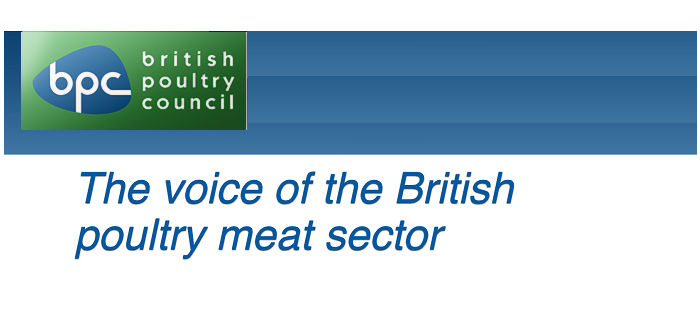The British poultry meat sector has continued to make significant progress in relation to antibiotic usage, according to data collected by the British Poultry Council (BPC).
Reflecting on a 28% drop in overall usage of antibiotics between 2014 and 2015, BPC chairman, John Reed, said he believed that the industry will continue to make further improvements in the future, based on the council’s analysis of the last year’s figures.
“Our sector has led the way, with real progress seen since the formation of our BPC Chicken Antibiotic Stewardship Scheme in 2011,” he said, adding that the most recent data showed the industry is “holding to its commitment”.
Pointing out that the British poultry meat sector is currently the “only sector” that collects and shares its antibiotic usage with the Veterinary Medicines Directorate (VMD), BPC said its members were “driving best practice” in their approach to the issue.
“In 2012, BPC members signed up to a voluntary ban on third and fourth generation Cephalosporins, a move seen as best practice by the VMD,” said BPC. “Recent data shows that Fluoroquinolone usage was reduced by 53% in 2015.”
Mr Reed also said BPC’s analysis of the latest data showed how the antibiotic Colistin had been targeted by members.
“We recognise the importance of Colistin as an antibiotic of last resort for human medicine,” he said, adding that the BPC membership undertake not to use Colistin in their flocks.
“This is another proactive decision by the sector, following through with its promise to promote responsible usage of antibiotics.”
There has been much debate in recent months concerning the use in animals of colistin, the so-called antibiotic of last resort, following rising concern that some bacteria are becoming resistant to it. This includes a January 2016 request to the European Medicines Agency to update its advice as regards colistin, and a December 2015 agreement by RUMA (Responsible Use of Medicines in Agriculture Alliance) to apply voluntary restrictions to colistin use in UK livestock.


